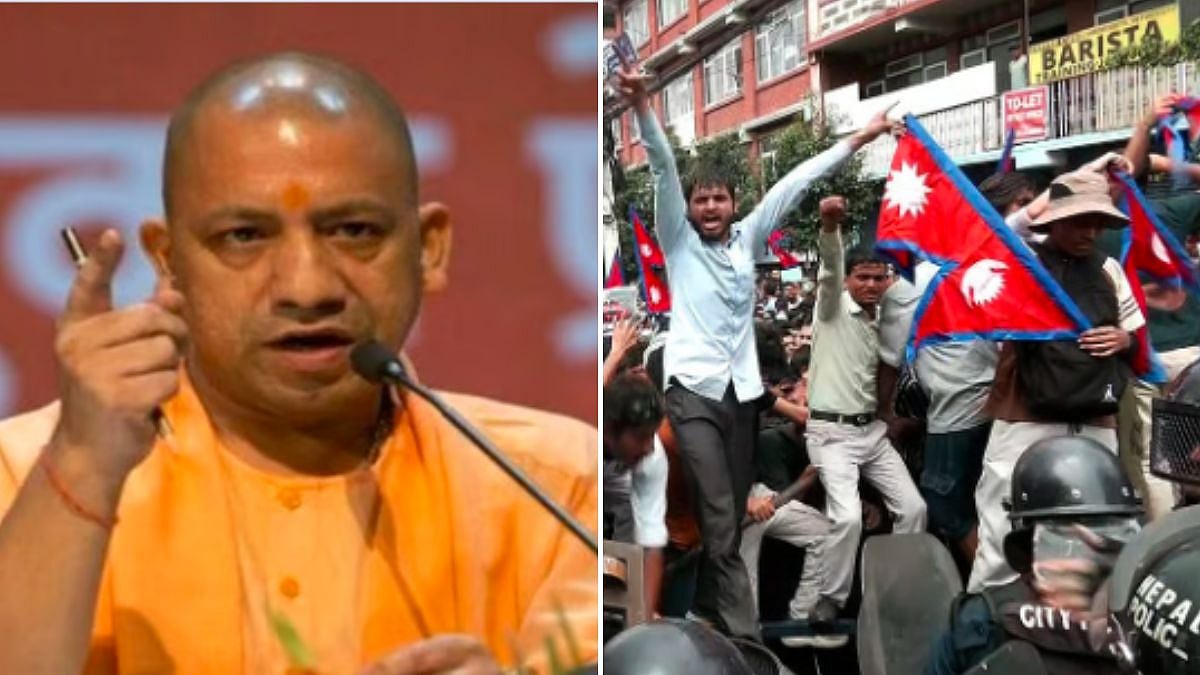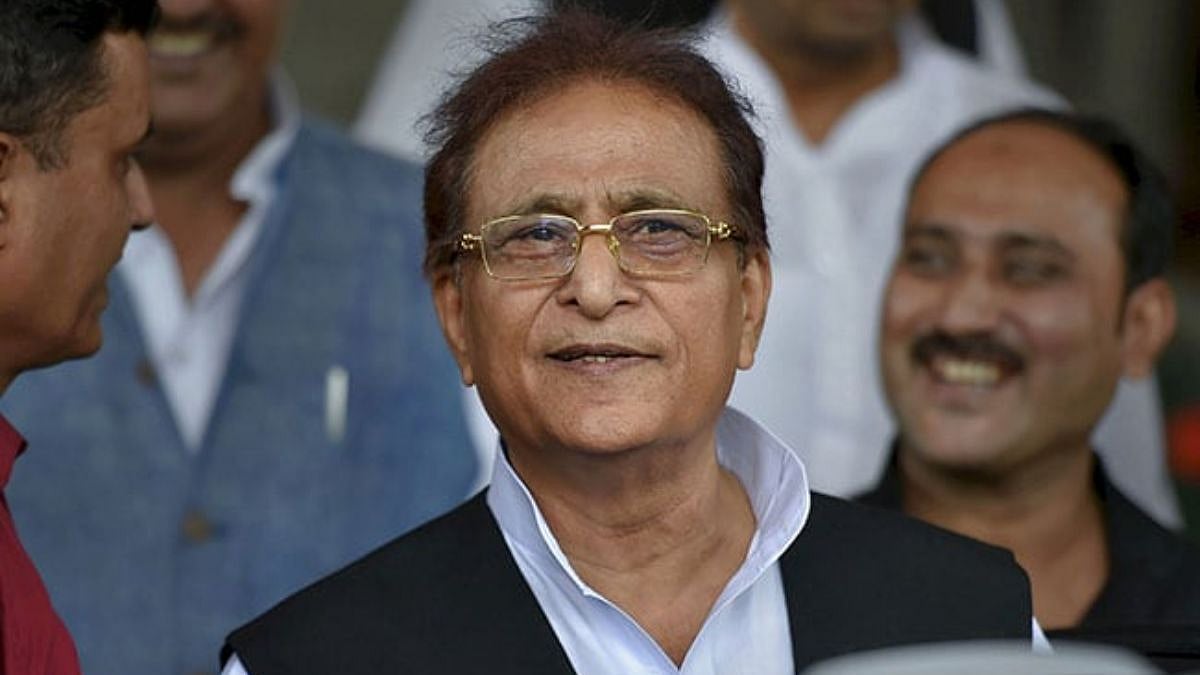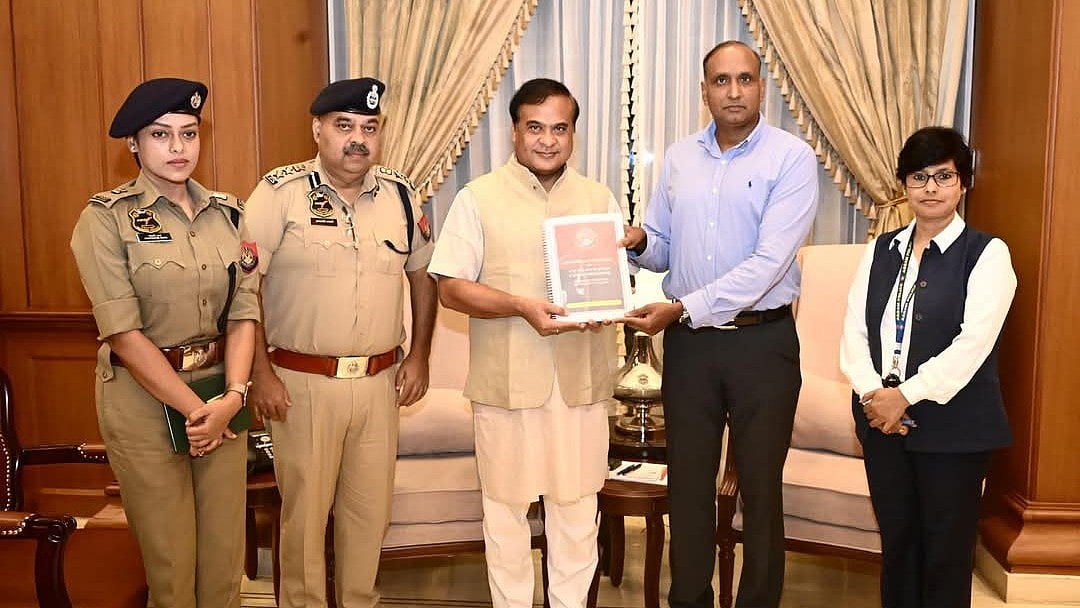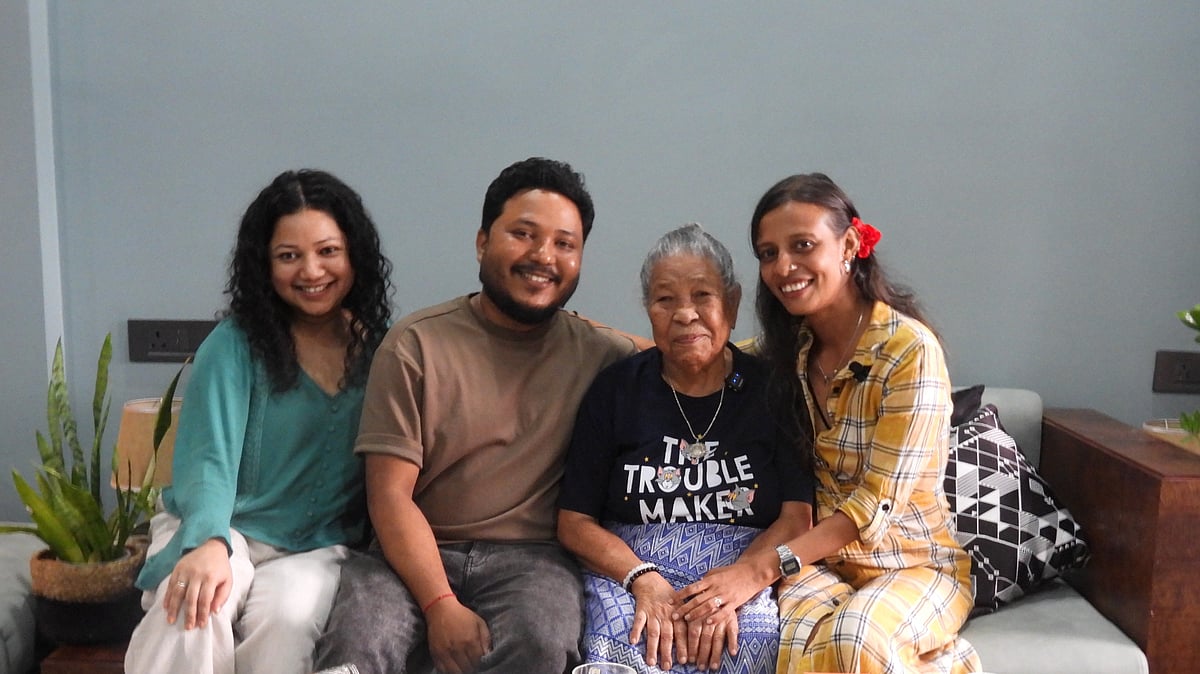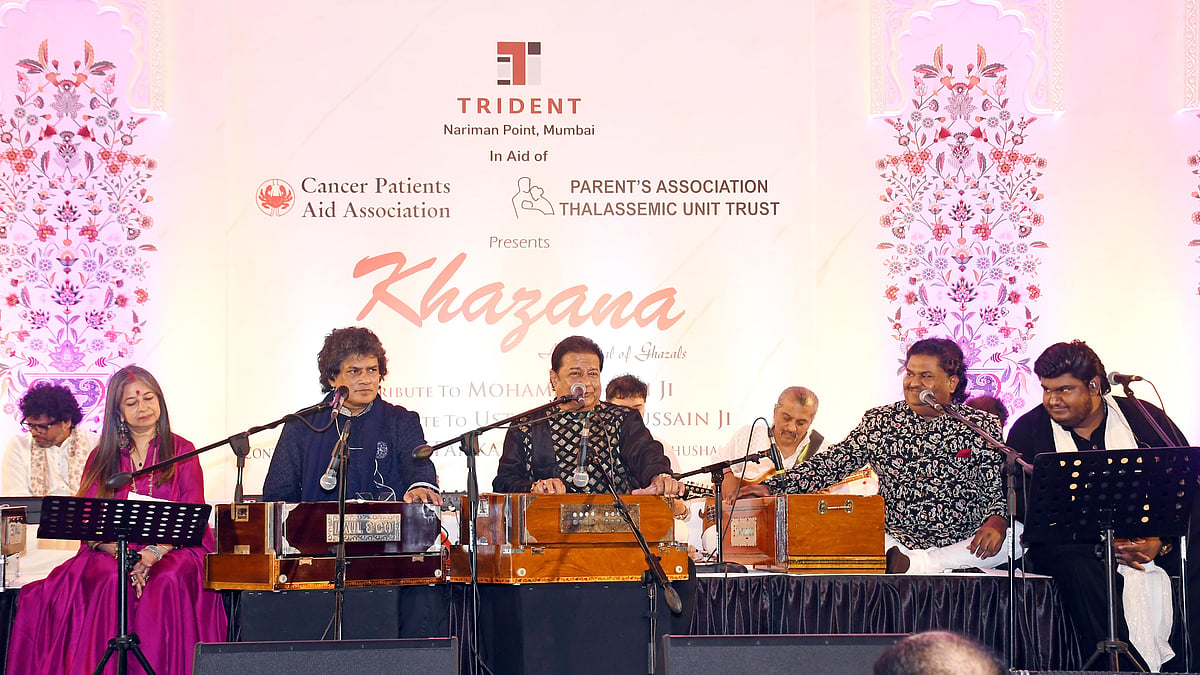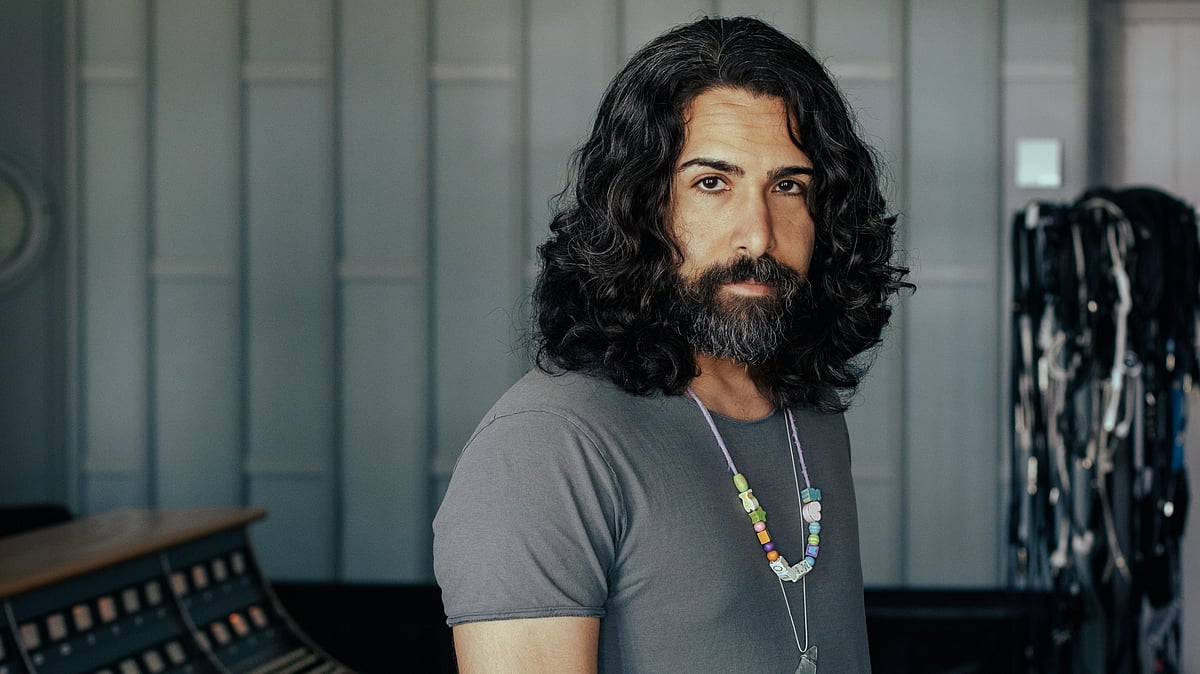Chef Vicky Ratnani set sail to pursue his culinary dream – quite literally in the early 90s which gained him a royal appointment abroad Queen Elizabeth II where he served Queen Victoria, Queen Elizabeth II and Queen Mary II to name some. From being an author of a cookbook, hosting multiple food shows on TV, running high-end restaurants, and now using the metaverse to promote Indian food, Vicky Ratnani's name is enough to ring a bell, loud and clear. In 2010, he came back to Mumbai when he saw India was ready to embrace global cuisine and he can introduce the classic Indian flavours blend perfectly with modern food. Ratnani promoted vegetarian food even before people thought it could be interesting. We sat down with the culinary maverick to learn more about his globetrotting journey through food, experimenting with ancient ingredients, and how Indian food palates have evolved over the years.
Excerpts from the interview:
You were one of the first chefs to introduce modern Indian cooking with vegetarian food to Indian diners with your show Vicky Goes Veg. What were the challenges involved in the concept and curation?
For many years I heard people complaining that you can't do much with vegetarian food. I wanted to break that myth. Veg food can also be a lot of fun to eat if prepared with the right ingredients and using the correct methods. A veg recipe can always be converted into a non-veg one but you can't do it otherwise. My show Vicky Goes Veg was way ahead of its time. I feel that I laid the foundation for progressive veg cuisine. People used to say 'Why are you using broccoli, and olive oil, who is going to eat olives?' but I made the food and cleared the ground for a lot of producers and retailers to sell foreign products. When I was in college in Mumbai there used to be only one or two places in the city where you can buy broccoli, red cabbage and zucchini but now you see it everywhere including your local food vendor who calls it English vegetables. We have come through a great revolution in terms of food.
You are a chef of the generation when the concept of being a male cook was still struggling to get acceptance. Do you credit yourself to be one of the pioneers of promoting equality in the kitchen?
I think the one who laid the road for male chefs in India is Chef Sanjeev Kapoor. After that being a chef wasn't a challenge. The profession isn't looked down upon. People from affluent families joined F&B services and became high-end chefs. There was a time when people would say you will become a cook or a waiter. They never understood the difference between different jobs. Now, people are opening their minds and becoming liberal.
After your degree in culinary arts from Mumbai, you moved abroad and spent two decades experimenting with global cuisine. How do you see the Indian food scene evolving in the West?
Cooking abroad was a big success for me. We had one or two Indian dishes when I used to work in the UK. We opened a restaurant in the UK in Pre-Victorian times and we used to serve a contemporary Indian menu. Even with consumers, Indian food is becoming more popular in the West. Indian food is not what was considered years ago in the UK as cheap or take away meals or something that you can eat when you are drunk. There are chefs who have created great names abroad for Indian food. They have earned Michelin Stars for their Indian restaurants. There's a lot of respect for Indian food. Overall everything along with food is now looked up to in the West.

What made you stay back in India despite being a successful chef in the UK?
I worked on cruises and in many countries for 17 years. But I was very clear about what I wanted to do. Then came to a point when I realised I don't want to live out of suitcases. In 2010 India became home to big fine dining restaurants and there was a boom in demand for European food in India. The country was turning westward. Smart casual and elegant casual restaurants were opening. Stand-alone restaurants were coming out. People were thinking about eating beyond five-star hotels. I have seen this whole era of evolution of food in the country. And that made me stay back in India and do what I do.
How has the culinary scene evolved in the last decade? What else is food on-trend in the country's dining scene?
A lot has changed. Asian food is very big now. It was only Thai and Chinese cuisine but now it's different. Now Sushi and other Japanese foods have become highly popular in India. The new generation is switched on to what they want to eat. Korean food has become popular because of K-Pop. People are becoming conscious about their food choices. People are now becoming aware of the fact that you have to look at the quality of the food rather than the prices. We will always be price conscious society but with the younger generation and their influence on the older generation, they are also understanding that there's a certain price you have to pay for good food.
What do you attribute to the change in food palates and inclination towards foreign food in India?
Travel, television and its affordability. Earlier, when you had to eat Sushi you had to go to a fine dining restaurant or a five-star hotel and pay huge money. But now it's come down to multi-cuisine restaurants. Cloud kitchens are there serving the most trendy foods. You get different food in theatres as well. There's also a change in demand and supply.
What is the hype around zero waste and sustainable cooking? Do you think Indians have always been conscious about their cooking habits in their kitchens?
Absolutely! We have always been very conscious. Before the entire era of conscious food choices, zero waste and sustainability in food, we always cooked enough for the day in our households. We are used to eating fresh food. Earlier, we would cook only enough for the family. I never really thought about these things but when I see what people are promoting and insisting upon, I just turn back the clock and look back to those days when grains, pickles, papads, and preparing snacks were normal practices. We loved drying ingredients and fermenting things at home as regular food practices. These are all old practices which are coming back with new Western words for what Indians have been practising for years.
How would you describe your style of cooking?
Experimenting and blending Indian vegetarian food with ancient ingredients. I promote a lot of traditional Indian millet. People don't know Bajra and Jowar are millet and they can be turned into a delicious dish. I have made ancient grain khichdi with millet and cherries. It's not 'garibo ka or vrat ka khana' but healthy food options.

